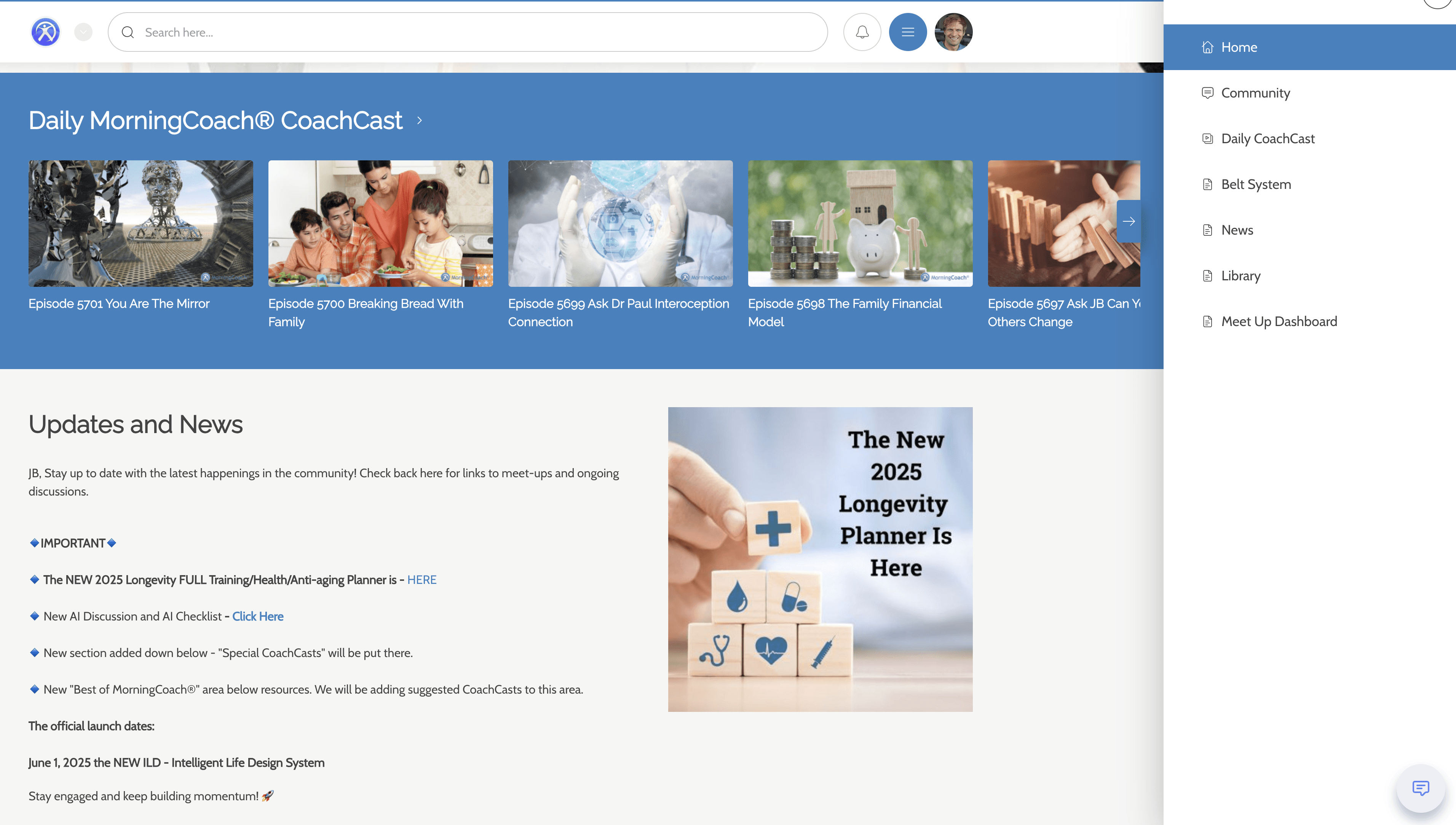

Blog
In life, it's better to make progress and get things done rather than strive for perfection, and this is especially true when it comes to your career. If you're always waiting until everything is perfect, you'll never get anything done. You'll probably drive yourself crazy. The best thing to do is focus on making progress and getting better each day. You may not be perfect, but you'll be a lot closer to your goals than if you had waited for perfection.
Are you a perfectionist?
Do you find yourself having high standards for what you do? Then, when it comes to results, the only acceptable one is that of meeting every single expectation and standard you have, and every other result does not matter. But, on the other hand, do you also find yourself delaying things and doing them repeatedly until the ideal outcome is achieved? If so, then you might be a perfectionist.
By itself, perfection is not entirely wrong. However, striving for perfection means you naturally set high standards for whatever you want to achieve, and it's not only limited to work. If you are a natural perfectionist, you will also like things for leisure or any activity outside of work to be perfect. Working towards high standards helps us improve and become better. However, perfectionism becomes a problem when it's the only acceptable outcome for you, and you start delaying things until you achieve the perfect result. Achieving 99% or lower is unacceptable; 100% is what matters.
Making progress is more desirable.
When the idea of perfection becomes too much and starts hindering you from achieving your goals, it's time to switch your mindset. Progress is more important than perfection in the sense that you aim to get things done, with acceptable quality, instead of targeting an ideal outcome that might not necessarily happen. Progress leans more on the realistic and practical side of things, working towards achievable goals without sacrificing time. Perfection focuses on satisfying the ego and possibly getting the attention of people around you by spending too much time bringing about a perfect idea in your mind. If you think about it, the existence of an ideal outcome is subjective; other people may find your idea of perfection different from theirs, so the presence of a universal perfect result is purely fictional. We all have different standards. When you seek perfection at unhealthy levels, it's like going through a very complex route to your destination when all you need to do is make a straight path to it.
So if you want to start focusing on progress instead, there are several things you can do to avoid the pitfall of too much perfection.
1. Identify what you want to get out of your goals
We all have goals in life. Behind our goals, there are underlying motives why we want to achieve them. It could be because you want to feel fulfilled and satisfied and get somewhere in your life. Progress represents this way of thinking, so it's essential to get things done while exerting the best effort you can do.
On the other hand, you might want to achieve goals because it boosts your ego and shows others what you can do. If you find yourself leaning more on this kind of mindset, you will strive more for perfection and therefore spend time crafting the ideal image you want to project to others by nitpicking on everything until the perfect result comes. Being clear about what you are after will determine whether progress or perfection matters to you.
2. Realize that time is a finite resource
When you have all the time in the world, and there aren't any pressing matters that need to be attended to, it's easier to dabble on perfection since you can use all your time trying to perfect whatever you want to achieve. However, this scenario probably only happens to very few people, and most of us are stuck with deadlines and responsibilities that consume a lot of our time. Therefore, if you find yourself in the latter situation, it's better to strive hard for progress rather than perfecting whatever work you have. Deadlines create a sense of urgency, so there's less time for procrastination. Also, just because one is hard-pressed for time doesn't mean one rushes things for the sake of completion. One can still achieve good quality work with proper time management.
3. Accept that failure is part of the journey
Perfectionists tend to keep failure out of the equation. They want consecutive success with the actions they do until they hit perfection. This way of thinking is problematic because the truth is that problems and failures will come at some point until you complete your goals. Avoiding failure is an unrealistic mindset and will only make you struggle once they occur. It's better to learn how to deal with failure and continue after a setback. You will learn lessons from your failures, and you can become better at dealing with them the next time they occur again.
4. Set SMART goals
One reason you might be focusing too much on perfection is that you might have set an unrealistic goal for yourself. Setting goals that utilize the SMART framework will help you become more grounded. SMART goals are realistic and achievable, and they are relevant to you and can be attained within a reasonable amount of time. You will only meet frustration if you work on challenges that border on the impossible if you set a goal that's too lofty and ambitious.
5. Stop the comparison
It's easier nowadays to lead yourself into thinking that other people have such perfect lives once you see how they look on social media and while you're on the Internet. What you may not realize is that you probably see only a crafted image that's pleasing to the eyes of others. You might then start aiming to be better than others by spending time perfecting your different aspects of life, thereby wasting your time for the sake of pleasing other people. You can peek at other people's lives but use them instead as ideas to work on improvements in your life with your skills and own knowledge. Don't measure yourself by what others have and can do, and work on what matters to you.
Don't wait for the perfect thing to happen.
While perfectionism can motivate excellence and make you work hard on something, it can be detrimental when too much time is lost. One may keep on nitpicking on every small detail and repeating actions without possibly trying anything new until the perfect job is accomplished. Perfectionism can also rob you of joy from doing things because you are too fixated on the result, and nothing else matters. What's worse is that you can end up achieving nothing by spending your moments reviewing and checking everything and not doing any action to make progress. Striving for high standards is okay if you maintain balance and do not start working against impossible standards. Perfection can come in later when you have mastered your craft and want to achieve more, but always prioritize making good progress first and getting work done.
Related

Get Started
Discover practical insights, mindset strategies, and the latest tools to help you build a life of clarity, health, and purpose — one morning at a time.
FAQs






